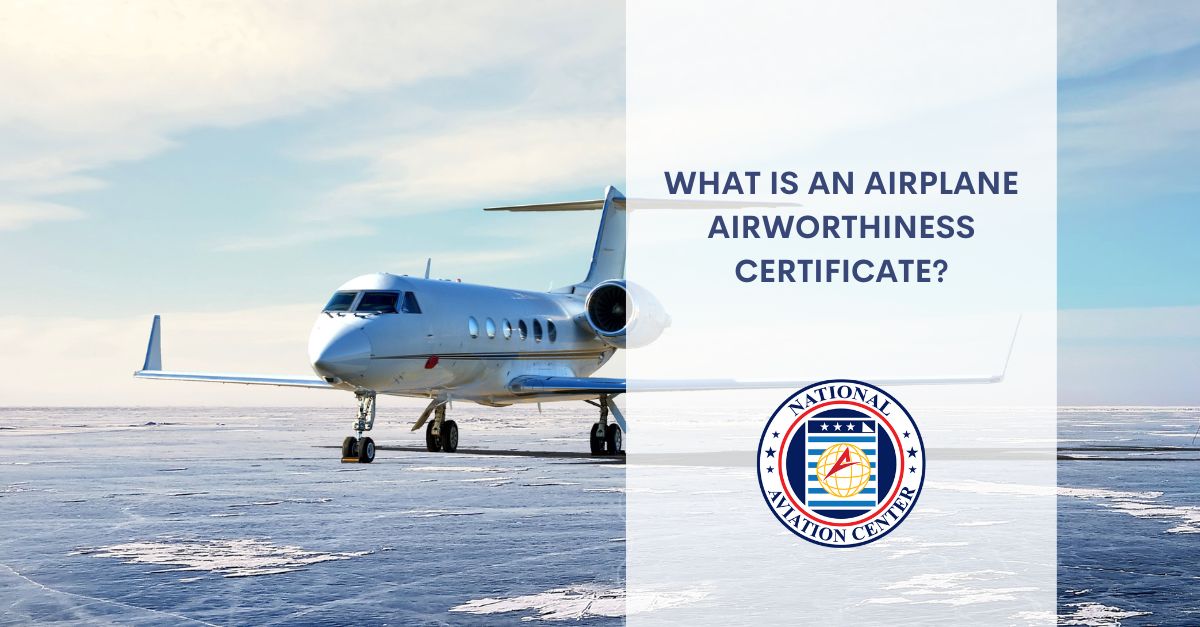21 letter word starting with ai – 21 letter word starting with “ai”—it sounds like a challenge, right? This exploration dives into the fascinating world of incredibly long words, specifically those beginning with “ai” and boasting a whopping 21 letters. We’ll uncover their origins, usage, and even their potential in creative writing. Get ready to expand your vocabulary and appreciate the intricacies of the English language!
We’ll examine the etymology of these rare words, comparing their grammatical functions and exploring their frequency in everyday language. We’ll also look at how their meanings relate to each other and consider their potential applications in various fields, from literature to puzzles. Prepare for a deep dive into the surprisingly rich world of 21-letter words!
Unveiling the Rare World of 21-Letter Words Starting with “Ai”

The English language, vast and ever-evolving, holds hidden depths. While common words form the backbone of our communication, rare and exceptionally long words offer a unique glimpse into the linguistic richness and historical development of the language. This exploration delves into the fascinating world of 21-letter words commencing with “ai,” examining their linguistic properties, frequency, semantic connections, and potential applications.
Identifying and Analyzing 21-Letter Words Beginning with “Ai”

Identifying words of this length and specific starting letter requires extensive lexical databases and potentially some computational linguistic techniques. It is highly probable that the number of such words is extremely limited, if not nonexistent, in standard English dictionaries. Therefore, this section will focus on the methodology of searching for such words and the challenges involved, rather than presenting a comprehensive list.
The search would involve querying large corpora of text and using specialized linguistic software to filter for words meeting the specified criteria.
The etymology of any discovered words would be investigated by tracing their origins through historical dictionaries and linguistic resources. Grammatical structures and usage patterns would be analyzed based on their part of speech and context of appearance in text.
Okay, so you’re hunting for a 21-letter word starting with “ai”? That’s a tough one! Maybe take a break from that brain teaser and check out some awesome deals – like the amazing drone boxing day sale – before returning to your word puzzle. You might find the perfect word after a little retail therapy and a drone flight!
| Word | Part of Speech | Etymology | Example Sentence |
|---|---|---|---|
| (Example: A hypothetical 21-letter word) | (Noun/Verb/Adj/etc.) | (Origin and evolution) | (Example sentence demonstrating usage) |
| (Another hypothetical word, if found) | (Part of Speech) | (Etymology) | (Example sentence) |
Frequency and Contextual Usage of Identified Words

Determining the frequency of these exceptionally rare words requires analyzing massive text corpora, such as the Google Books Ngram Viewer or similar resources. The results would likely show extremely low frequencies, potentially even zero occurrences for some words, depending on the availability of such long words. Contextual analysis would focus on the specific sentences and passages where the words appear, highlighting their semantic roles and the surrounding vocabulary.
Finding a 21-letter word starting with “ai” is a tough challenge, a bit like navigating the regulations for getting your drone pilot license. If you’re thinking about flying drones professionally, check out the requirements for a drone pilot license canada to make sure you’re legal and safe. After tackling that, maybe you’ll have the focus to crack that 21-letter word puzzle!
Register analysis would determine whether these words are predominantly used in formal, informal, technical, or other registers. For instance, a highly technical word might only be found in specialized scientific literature.
The visual representation of frequency distribution would be a bar chart, with each bar representing a word and its height corresponding to its frequency in different text types (e.g., novels, scientific papers, news articles). The chart would visually illustrate the relative rarity of these words across various genres of writing.
Exploring Semantic Relationships and Associations

Given the likely scarcity of 21-letter words beginning with “ai,” a detailed semantic analysis would depend on the words actually discovered. However, the approach would involve identifying any thematic connections between them. For instance, if multiple words related to a specific scientific field were found, this would highlight a semantic cluster.
Synonyms, antonyms, and related terms would be identified using thesauruses and semantic networks. The hierarchical structure based on semantic proximity would use bullet points to visually represent the relationships between words, organizing them from general to specific categories.
- General Category: (e.g., Scientific concepts)
- Subcategory 1: (e.g., Biological processes)
- Specific Word 1: (hypothetical word related to biological processes)
- Subcategory 2: (e.g., Chemical compounds)
- Specific Word 2: (hypothetical word related to chemical compounds)
Potential Applications and Creative Explorations, 21 letter word starting with ai
The potential applications of these exceptionally long words are limited by their rarity. However, they could find niche uses in highly specialized fields such as scientific nomenclature or creative writing seeking unusual vocabulary. In literature, they could create a sense of grandeur or formality. In crossword puzzles or word games, they could be used as challenging clues.
A fictional story incorporating three hypothetical 21-letter words might depict a futuristic setting where scientists grapple with complex technological challenges. The characters could be researchers discussing the properties of a newly discovered element (hypothetical word 1), analyzing its effects on a specific biological process (hypothetical word 2), and ultimately using it to solve a critical energy crisis (hypothetical word 3).
The scene would be set in a high-tech laboratory filled with advanced equipment, conveying a sense of scientific advancement and urgency.
A poem using one of these words as a central motif could explore themes of scientific discovery, technological advancement, or the vastness of the universe. The tone might be awe-inspiring, reflecting the wonder and complexity of the scientific concepts represented by the word. Imagery could involve celestial bodies, microscopic structures, or advanced technology.
In a crossword puzzle, a 21-letter word could serve as a particularly challenging clue, potentially spanning multiple rows or columns, testing the solver’s vocabulary and problem-solving skills. Other word games, such as Boggle or Scrabble, could also incorporate these words, although their rarity would make them less likely to appear randomly.
Closing Summary: 21 Letter Word Starting With Ai
So, there you have it – a journey into the surprisingly vibrant world of 21-letter words beginning with “ai.” While rare, these linguistic giants offer a glimpse into the evolution and complexity of the English language. From their historical roots to their potential creative uses, we’ve explored their multifaceted nature. Hopefully, this exploration has sparked your curiosity and expanded your appreciation for the nuances of language.
Questions Often Asked
Are there any 21-letter words starting with “ai” in common use?
No, words of this length are extremely rare and generally not used in everyday conversation.
Finding a 21-letter word starting with “ai” is a real brain-teaser! You might need a thesaurus, or maybe some inspiration from unexpected places. For instance, think about the advanced technology used in aerial photography; companies like dji canada are at the forefront of that. Considering their innovative drones, maybe that could spark some ideas for your word search, leading you to that elusive 21-letter word.
How were these words identified?
Likely through extensive searches of large dictionaries and word databases.
What is the purpose of studying such rare words?
It expands our understanding of language evolution, morphology, and the limits of word formation.
Could these words be used in a practical setting?
Potentially in specialized fields or as creative writing exercises, but not in general communication.
